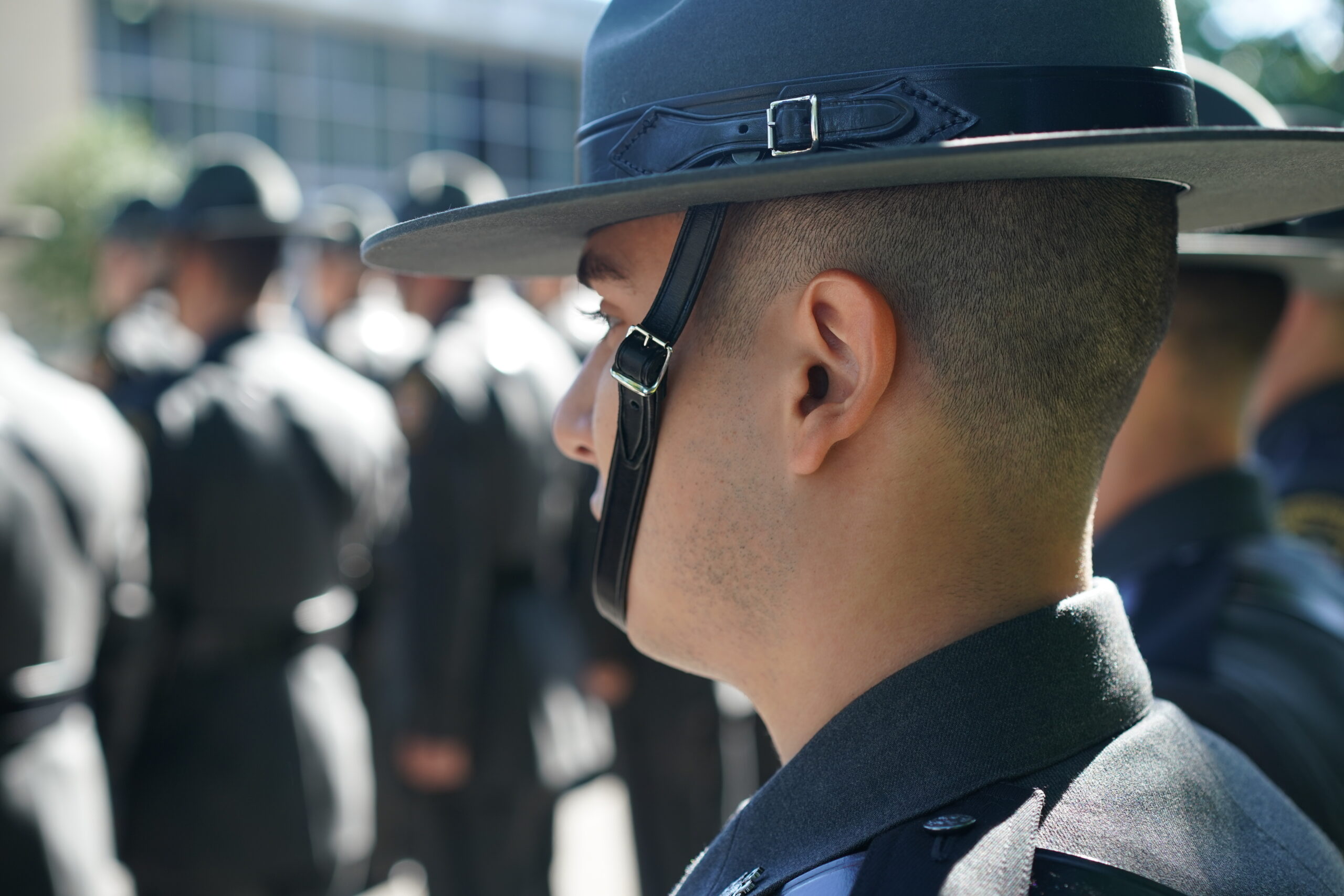The Pennsylvania State Police is a full service agency. Duties include uniform patrol, crash investigation, criminal investigation, and responding to any police related incident. PA State Troopers provide primary police coverage in over 1,200 municipalities on a permanent basis, accounting for over 60% of the Commonwealth’s municipalities. Troopers also patrol all interstate and state highways. Troopers patrol 85% of the Commonwealth’s land area and 66% of the Commonwealth’s highways.
IN ADDITION TO PATROL SERVICES AND COMPLETE LAW ENFORCEMENT COVERAGE IN RESIDENTIAL AREAS, PSP PROVIDES A VARIETY OF SUPPORT AND TECHNICAL SERVICES ENCOMPASSING OVER 100 DIFFERENT CAREER FIELDS (See Career Opportunities).
These services are provided not only to areas of primary PSP patrol coverage, but PSP also supports municipal law enforcement agencies through specially trained members and civilians, including Special Emergency Response Teams, Forensics Services Units, Mounted Units, Criminal Profilers, Major Case Teams, Fugitive Units, Organized Crime, Aviation Units, Motorcycle Patrol Units, Hazardous Devices and Explosives Units, just to name a few.
